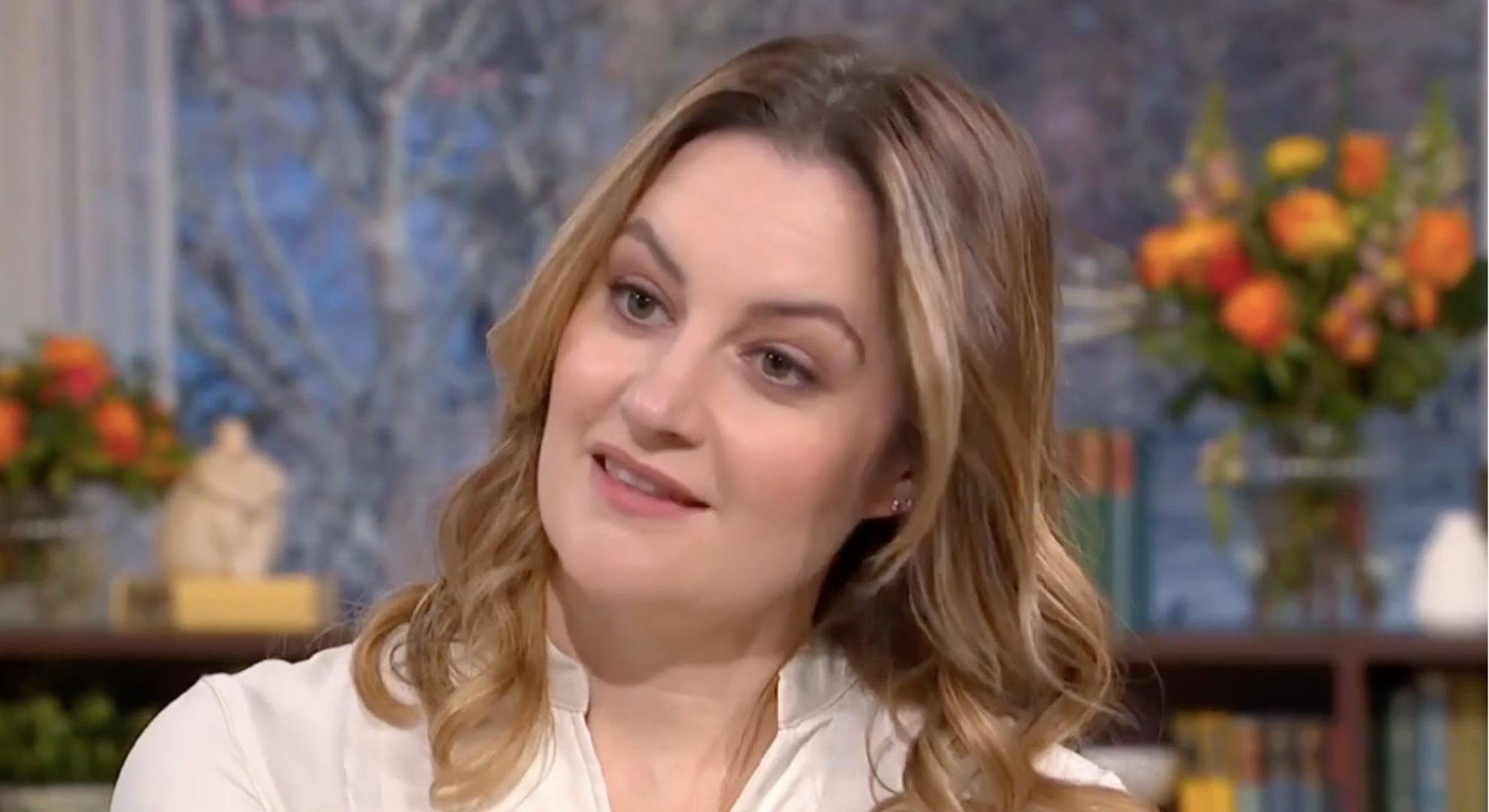I have a horror story for you, so I hope you’re ready. You open Instagram and slide over to Reels, swiping through the vertical videos and commenting on or liking the videos that speak to you in some way — a video of a kitten on the subway, a recipe, some workout tips, a hot person on vacation. You think these interactions are private to you, but you find out through an embarrassing screenshot or text from your friend that the interactions are actually public to all of your mutuals.
This horror story is true. But you can fix it.
Meta began playing around with Friends, a tab in Reels, a few weeks ago. This week, Instagram officially launched the tab, “where you can see public content your friends have interacted with or recommendations from Blends you’ve started and easily start conversations about them,” Instagram wrote in a blog post.
Support authors and subscribe to content
This is premium stuff. Subscribe to read the entire article.













